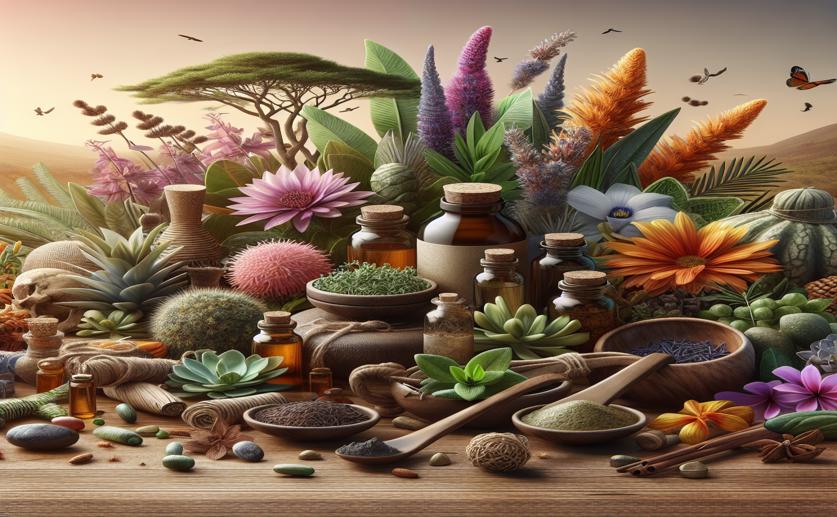
How Plant Extracts From Southern Africa Can Calm Inflammation
Jenn Hoskins
5th February, 2024

Image Source: Natural Science News, 2024
References
Main Study
1) Leaf extracts of eight selected southern African medicinal plants modulate pro-inflammatory cytokine secretion in LPS-stimulated RAW 264.7 macrophages.
Published 4th February, 2024
https://doi.org/10.1007/s10787-023-01420-9



 30th January, 2024 | Greg Howard
30th January, 2024 | Greg Howard